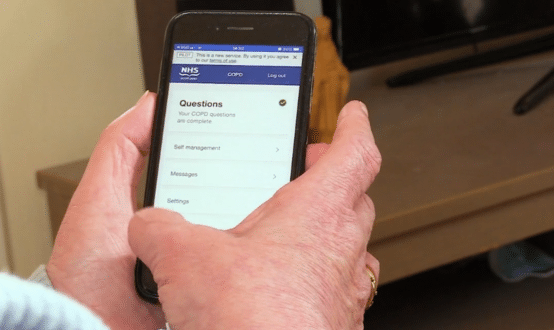NICE publishes updated standards for digital health technology
- 11 March 2019

The National Institute for Health and Care Excellence (NICE) has published an updated version of its evidence standards framework for digital health technologies.
The update sets out requirements that need to be met different types of heath technologies, taking into account feedback from stakeholders after the first version was published in December 2018.
The standards were developed collaboratively by NICE, NHS England, NHS Digital, MedCity, Public Health England and Digital Health.London.
They set out evidence standards for both the clinical and economic impact of new digital health technologies (DHT), as well as the evidence needed to implement them in the NHS.
The standards are also there to provide commissioners with an idea of the type of information to ask for from technology developers.
They’re designed to help enable commissioners to identify the most effective and valuable technologies to speed up their adoption in the healthcare sector.
Dr Indra Joshi, digital programme clinical lead at NHS England, said: “Following feedback these updated standards, which provide greater clarity and examples, will help ensure the digital health tools that are developed and introduced into the NHS are safe and backed by evidence.
“Harnessing new digital technologies is a key part of the NHS Long Term Plan and will help the NHS provide better care for patients and empower them to take more control of their own health and care.”
Digital health technologies can now be used to help diagnose, treat and monitor people’s health, with the use of wearables and apps increasing exponentially.
The updated standards includes examples of DHTs with different functions, showing where they fit against the functional classification, as well as a set of case studies illustrating levels of evidence that match the standards in the framework.
One of those case studies was SilverCloud, a digital mental health programme that provides services like cognitive behavioural therapy (CBT), was included in the case studied.
The company provides digital mental health services for more than 250,000 patients, with more than 750,000 hours spent using the solution and four million clinical interactions.
Dr Lloyd Humphreys, head of Europe for SilverCloud, said: “It is globally recognised that NICE set the highest bar when it comes to ensuring safe, effective and economical interventions.
“We are delighted that 16 years of research, hard work and passion for changing mental health care has resulted in this recognition by NICE. It is thanks to our world-leading clinical research team and the culmination of the largest data set of any digital mental health solution that this has been possible.”




